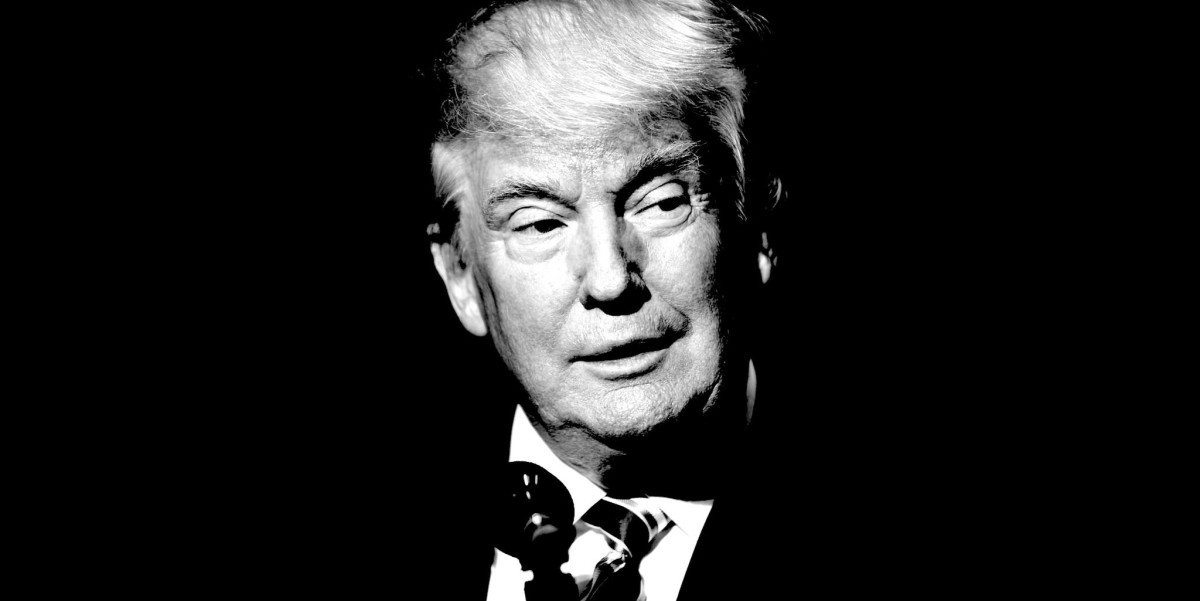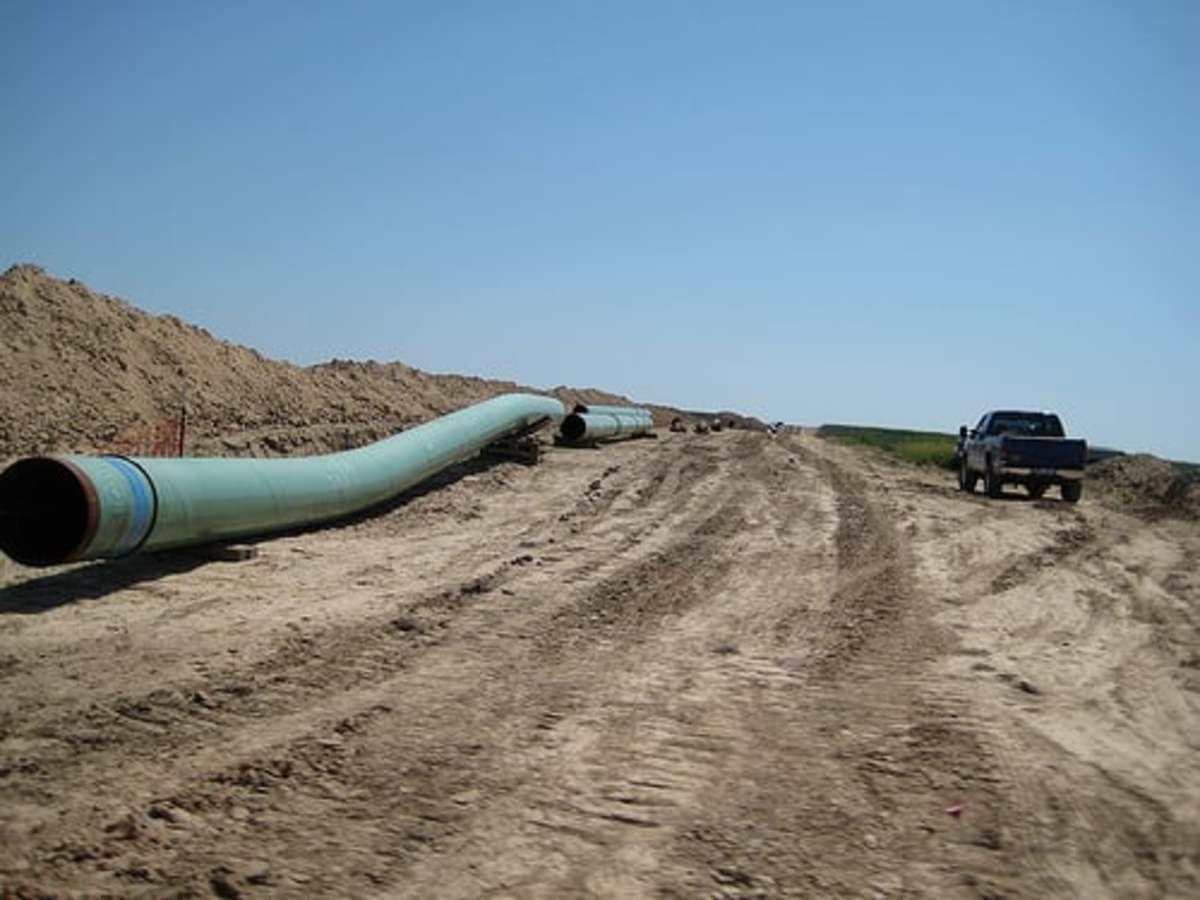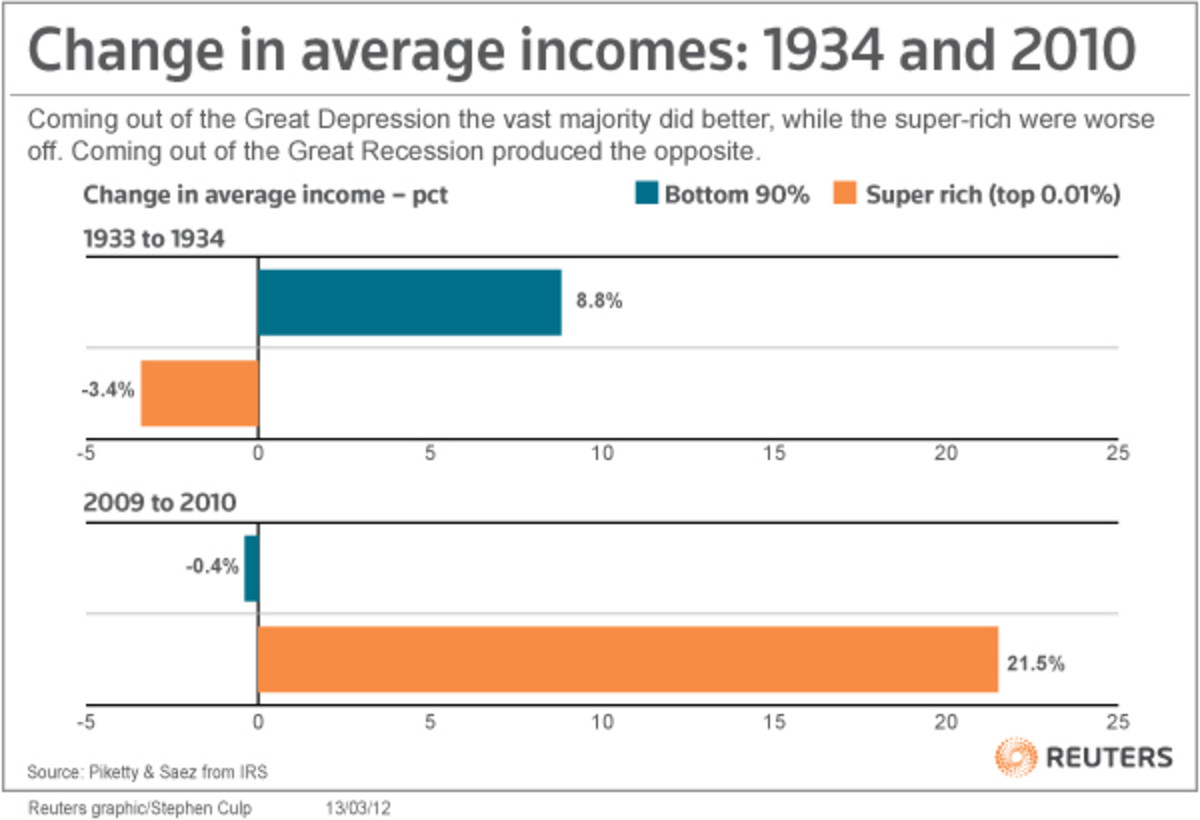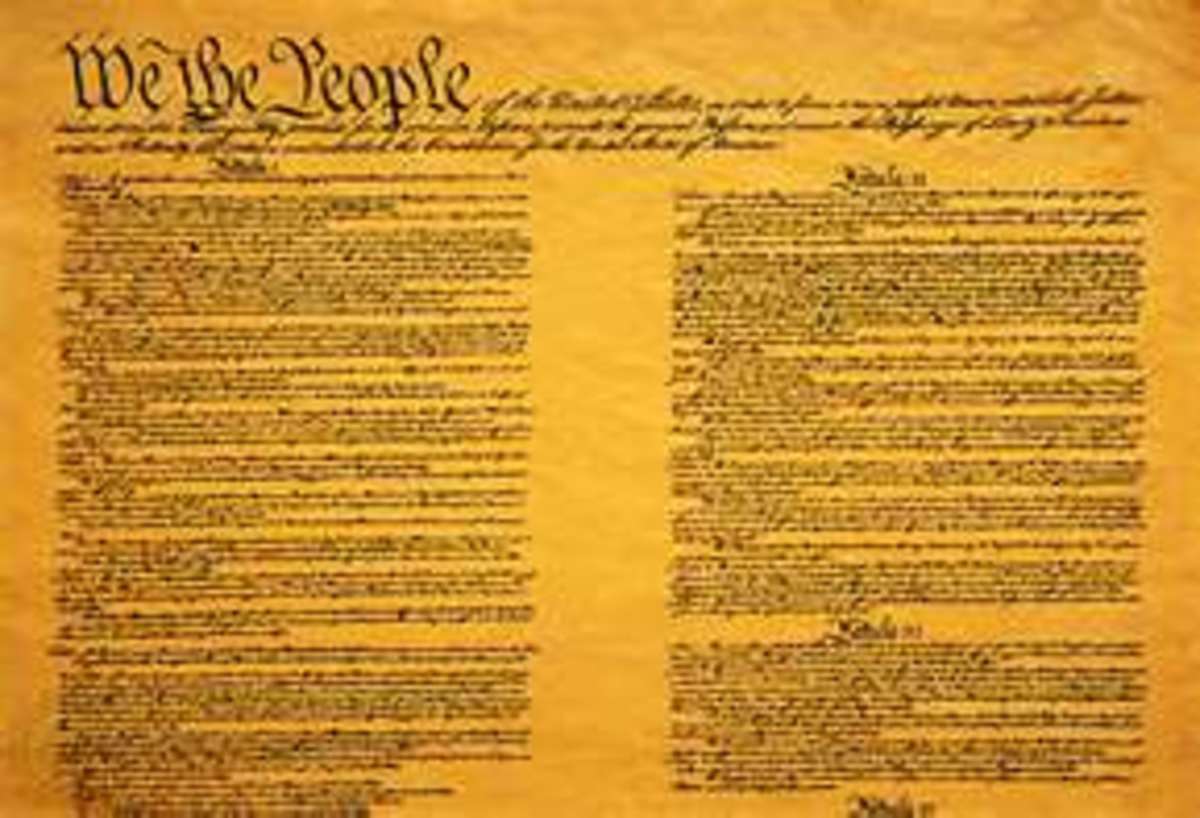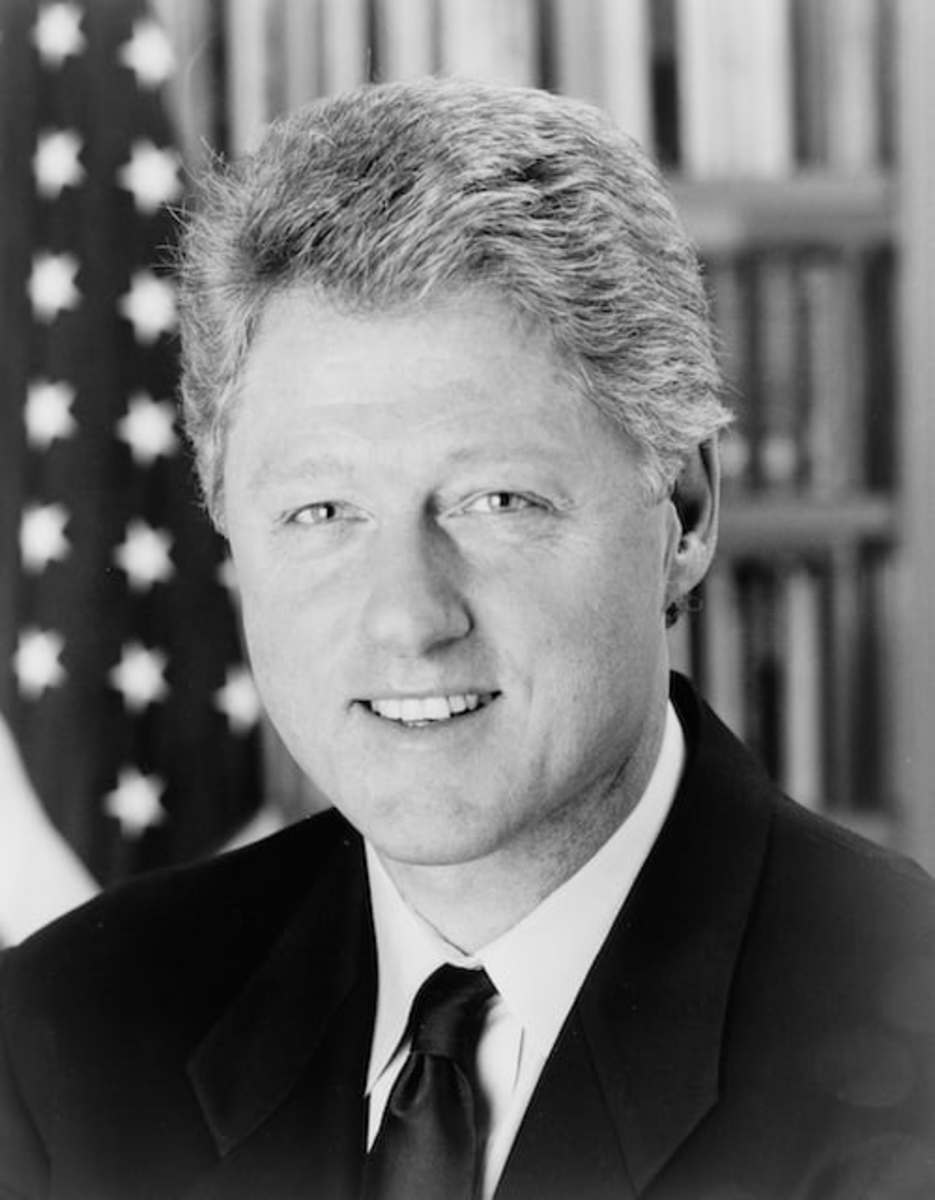The Seven Deadly Nations - Understanding Why President Trump Banned Immigration

President Trump’s Executive Order banning entry into the United States by citizens of seven nations has been nothing short of a media meltdown on a global scale. Protesting, legal challenges, and in some cases violence has been reportedly connected to the Executive Order. The President has determined that citizens of those seven nations are a direct security threat to America and American citizens and has temporarily blocked them from entering America for ninety days. The nations were not chosen at random and have been considered high-risk nations due to state sponsored terrorism dating back to the Obama Administration. The State Department and Homeland Security under President Obama made the list and there is already bi-partisan legislation in place limiting visas; President Trump picked up where former President Obama left off and enacted a firmer policy.
Anti-Trump Media Spin
The policy is being heavily spun as a Muslim ban, yet the seven nations – Iraq, Iran, Syria, Yemen, Somalia, Libya, and the Sudan – are mostly small in comparison when we compare them to global Muslim population centers. The entire focus of the media seems to be on religion while glossing over the histories of the nations which are being banned. The Department of Homeland Security and the State Department have been monitoring these nations for decades with the support of all the national intelligence agencies and the bans are long overdue. Another belief is that the bans don’t go far enough and should be permanent and other sanctions added.
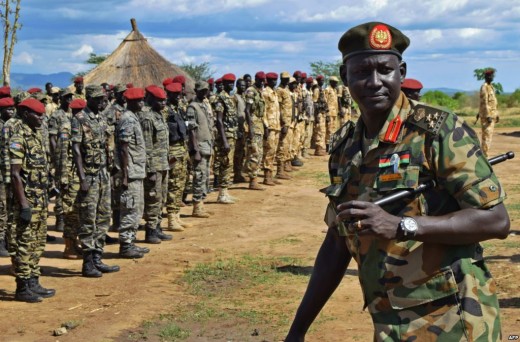
The Republic of Sudan
The Republic of Sudan is led by a hard line dictator named Omar Hassan al-Bashir. Bashir seized power in a military coup in 1989 and has ruled without impunity for over 25 years. The nation has been in a near-state of civil war for several decades and nearly 2 million people have been killed as a result. Millions of refugees have fled the country to escape the violence. Bashir is currently wanted for war crimes, genocide, and other crimes against humanity, dating back for many years. As a nation, Sudan has been on the list of state sponsored terrorism since August of 1993 and under diplomatic sanctions by the United Nations since 1996. One of the notable links to terrorism came in the early 1990’s when Osama Bin Laden came to Sudan and set up a training camp infrastructure for terrorist training. The nation was politically aligned with Iran up until recently. Sharia law has been in place since the 90’s and Bashir has a personal body guard that have been described as stormtroopers with a penchant for cruelty and scorched-earth tactics. The future of the Sudan is very questionable and many think Bashir will be overthrown by someone even worse.
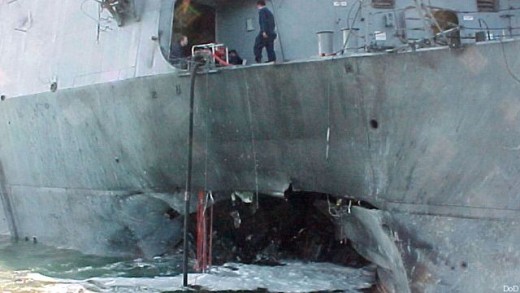
Yemen
Yemen is another nation supporting state sponsored terrorism. Another nation that seems to always be embroiled in civil war, Yemen is the battleground for a proxy war between Saudi Arabia and Iran. The legitimate government, led by President Abd Rabbuh Mansour Hadi was forced to resign with his entire government in 2015 by Houthi rebels who now control the nation. The cities are controlled by the rebels and the wilderness by al-Qaeda. The U.S. government at one time considered Yemen a partner in the global war on terrorism. Reports of starving citizens while war rages on are constant reminders of the terrible conditions Yemeni people must deal with daily. Terrorist attacks have been a part of the Yemeni landscape for decades; one particular incident, the bombing of the USS Cole and the loss of 17 Americans in 2000 still weighs heavily. Al-Qaeda terror in the early part of the 2000’s, Houthi insurgencies, and political upheaval makes Yemen one of the most dangerous places on earth.
Libya
Libya is a nation without a functional government. After the 2011 revolution and the overthrow of former dictator Muammer Gaddafi, wave after wave of people fled the dying nation. Foreign influences are complicating any efforts to re-establish a working central government. ISIS is a real problem in Libya as well as other militant groups including Libya Dawn. The State Department has recommended no American citizen stay in Libya since 2014 when we shuttered our embassy in Tripoli. Regular gun battles erupt on the streets, military checkpoints are everywhere, and most airports are closed. Violent extremist activity in Libya remains high, and extremist groups have made threats against U.S. government officials, citizens, and interests. Threats against U.S. citizens may include murder or kidnapping. ISIS claimed responsibility for two vehicle-borne improvised explosive devices in Tripoli in September 2016. Estimates are that there are at least 1,700 armed groups operating in Libya. In ISIS controlled areas of Libya, strict Sharia law is followed and there are crucifixions and beheadings of non-Muslims. The nation, which has large oil reserves, is unable to produce enough crude to generate funding for basic human services such as hospitals or banking.
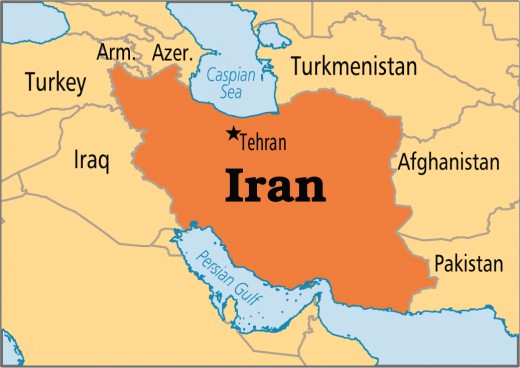
Iran
Iran has a long history of terrorism and they are no friend to America. Former President Barack Obama sought to bring America and Iran together diplomatically yet his methodology was flawed and he ended up alienating other American allies in the process. By offering Iran a nuclear agreement, Obama angered many people in the diplomatic community and when he offered huge concessions to Tehran, both Democrats and Republicans were in opposition. In return for the Obama gift, Iran doubled its efforts to cause chaos with their neighbors; now flush with illicit cash from Obama. Lawmakers wanted to prevent Iran from gaining nuclear capabilities to limit their abilities to cause global terrorism, but Obama overrode them and handed the Iranians everything they wanted. Sanctions were lifted and now Iran is building arms and equipment.
Iraq
Iraq is another nation with a storied history involving terrorism and their government is considered one of the most corrupt in the world. Poor public safety and security in society, almost no trust in other citizens, an exploding homicide rate, and a high level of violent crime and the potential for terrorist acts, Iraq is considered one of the most dangerous countries on the planet. Despite being one of the world’s richest nations due to oil exports, Iraq has a history of trouble and war. Iraq elected Saddam Hussein as President in 1979 and the country immediately went to war with Iran, lasting until 1988. Only a few years later, Iraq invaded neighboring Kuwait, triggering the first Gulf War and U.S. involvement. The humiliating defeat saw the death of Hussein, a full complement of international sanctions, and a demoralized populace. The nation quickly descended into chaos and internal battles rage daily, killing hundreds of people monthly. Al-Qaeda plays a key role in the violence as well as ISIS.
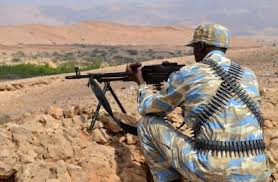
Somalia
Somalia government is also ranked as one of the world’s most corrupt; in fact they currently hold the top spot and have held that spot for ten straight years. The nation is home to the Islamist militant group called al-Shabab. This group has been fighting both the UN-backed government in Somalia and has carried out a successive string of attacks in neighboring Kenya. The group is allied to al-Qaeda.
Al-Shabab means “The Youth” in Arabic. They originated as a radical youth wing of Somalia's now-defunct Union of Islamic Courts, which controlled Mogadishu in 2006. They are known for attracting foreign jihadists and their numbers are estimated between 7-9,000 combatants. One of the biggest issues and one that keeps conflict high is that Al-Shabab advocates the Saudi-inspired Wahhabi version of Islam, while most native Somalis are Sufis. Somalia is also under strict Sharia Law. Many Americans remember the “Black Hawk Down” incident in which Mogadishu was a war zone. Despite the fact that Somalia is poor, weak, and has unguarded borders, it’s considered a global threat because terrorists can enter without visas and operate at will due to the lack of any real law enforcement.
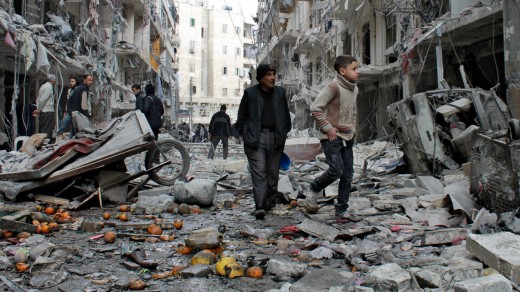
Syria
The final country on the list is Syria, the home of ISIS. The current civil war is regarded as one of the worst conflicts in world history and shows no sign of ending anytime soon, with over a quarter of a million casualties. What many people don’t know is how this bloody conflict began. In 2011, 15 school children were arrested and reportedly tortured in the city of Deraa for writing anti-government graffiti on a wall. The local population started protesting the heavy-handed treatment of children. The government response was to call out the military, where they opened fire on the protests, killing 4 people. The following day, the military opened fire at one of the funerals, killing another person. This triggered off protests which rapidly spread across the nation. Citizens began demanding that President Bashar al-Assad resign from office, which they hoped would allow for more freedoms and true democracy. Unfortunately that didn’t happen and the number of clashes between the government and other groups grew exponentially. Estimates are that there are over 100,000 fighters in Syria representing more than 1,000 groups which oppose Assad’s government. In 2014, ISIS started taking over large tracts of land which escalated the civil war to three fronts. Several major global powers intervened militarily, making matters worse. The civilian population has been fleeing the nation since the conflicts began. Reports that Assad used chemical weapons were confirmed several years ago. The conflict seems to be a stalemate currently with regular back and forth battles and changing territories, but no victory for any of the groups involved. Terrorists are moving across the globe disguised as refugees from the war-torn nation.
Summary
As the facts show, the seven countries under the temporary ban are on the list for reasons other than the religious affiliation of their citizens. No one will argue the fact that much of the violence is tied to extremism but regardless of the connection, it’s the violence against civilians, the lawlessness, and the abuses to civilians that are what’s driving the President’s decision. When we look at the facts instead of the political rhetoric, it’s obvious that President Trump made the right choice; a choice that will benefit all Americans.

